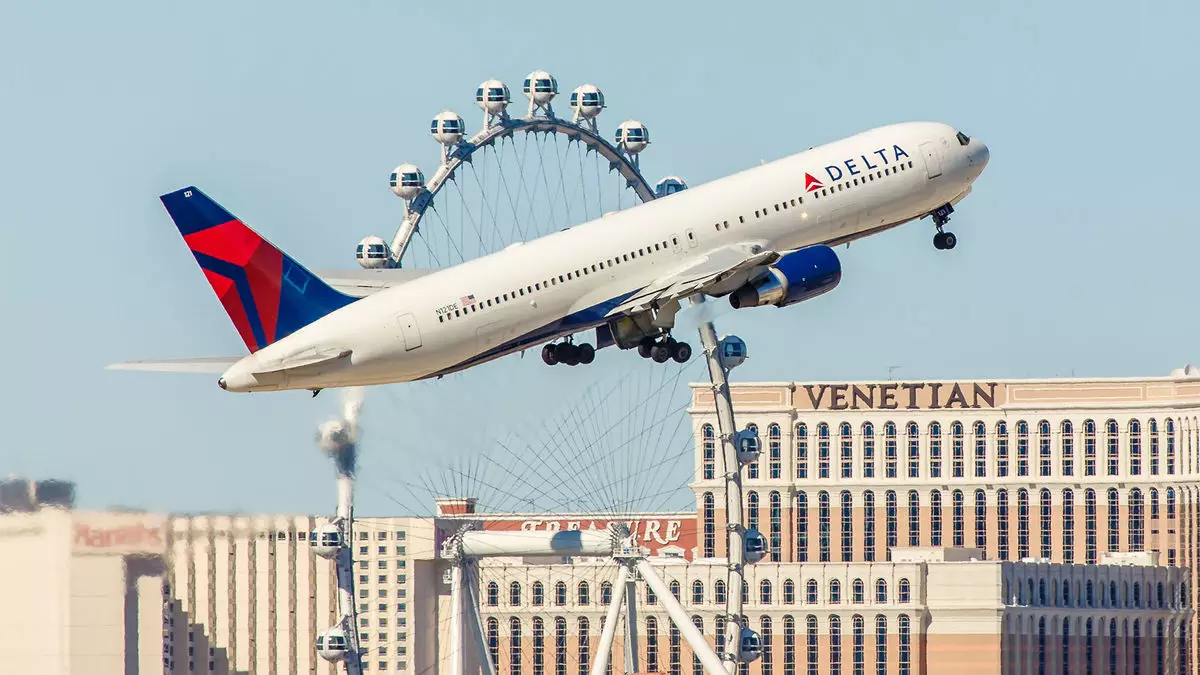Delta Airlines is currently considering unbundling its forward cabin offerings, signaling a potential shift in the airline’s business strategy. Glen Hauenstein, the President of Delta Airlines, hinted at a significant announcement during the airline’s second-quarter earnings call. He suggested that more details would be revealed at the upcoming Investor Day in November, hinting at the possibility of changes in the premium cabin experience.
While Delta Airlines currently offers bundled products in its business class, first class, and premium economy cabins, the main cabin experience is quite different. Passengers in the main cabin purchase a basic ticket that includes only the essentials like an advanced seat assignment and a carry-on bag. Additional services such as checked bags, meals, alcohol, extra legroom, and preferred seating come at an extra cost. This unbundling strategy has been successful in the main cabin for Delta and other U.S. carriers, offering passengers the flexibility to choose add-ons based on their preferences.
Global Trends in Unbundling Forward Cabins
Several global carriers have already started unbundling their forward cabins, paving the way for a more segmented pricing model. Airlines like British Airways and Lufthansa have introduced additional charges for seat selection and varying price points based on seat location and characteristics. Delta Airlines’ strength in the premium market has enabled the company to generate a 5% year-over-year revenue increase, despite the challenges posed by a competitive U.S. airline sector.
Delta Airlines reported strong revenue growth from its premium products, SkyMiles loyalty program, and co-branded credit cards, indicating a positive response from passengers to value-added offerings. The airline’s net income for the June quarter was $1.3 billion, a slight decrease from the previous year due to operating expenses. However, lower earnings-per-share projections for the current quarter led to a decline in investor confidence and stock value.
Industry Response to Overcapacity
Delta Airlines attributes the decrease in airfares to overcapacity in the U.S. airline sector, resulting in intense competition and price wars among carriers. Despite the challenges, Glen Hauenstein remains optimistic about the industry’s ability to adapt to changing market conditions. U.S. carriers are expected to reduce capacity in the upcoming months, signaling a potential shift towards a more balanced supply-demand scenario.
Delta Airlines’ contemplation of unbundling its forward cabin offerings reflects a broader trend in the airline industry towards personalized and value-driven services. By adapting to changing consumer preferences and market dynamics, Delta Airlines aims to enhance its competitive position and drive continued growth in the premium segment.


Leave a Reply